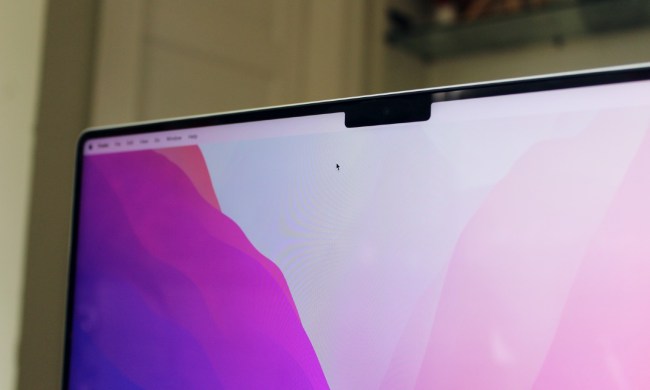Apple has designed a face mask to give to its employees to help curb the spread of the coronavirus.
The tech giant created the Apple Face Mask which was developed by the same teams that work on the iPhone and iPad designs, according to Bloomberg. Apple’s retail and corporate employees will reportedly start receiving the masks over the next two weeks.

The face mask is made up of three layers like other cloth face masks on the market and can be reused up to five times with washing. The Apple Face Mask also has adjustable strings and is designed to cover the nose without fogging up glasses, according to Mac Rumors.
Digital Trends reached out to Apple to find out more about the face masks, and if the company has any plans to distribute/sell the masks beyond its employees. We will update this story when we hear back.
Apple is also giving its employees the ClearMask, which is the first FDA-cleared completely transparent mask. The mask covers the wearer’s full face but is clear, so people who are deaf or hard of hearing can understand what the mask wearer is saying by looking at them.
Since Apple Stores started reopening after closing due to the coronavirus, customers are being provided with basic surgical masks in case they forgot their mask. It’s unclear if Apple will provide its new Apple-made masks to future customers in addition to its staff.
Apple started making face shields in April to distribute to frontline health care workers fighting the coronavirus. Apple CEO Tim Cook previously described the initiative as a “companywide effort bringing together product designers, engineering, operations, and packaging teams, and our suppliers to design, produce, and ship face shields for health workers.”



